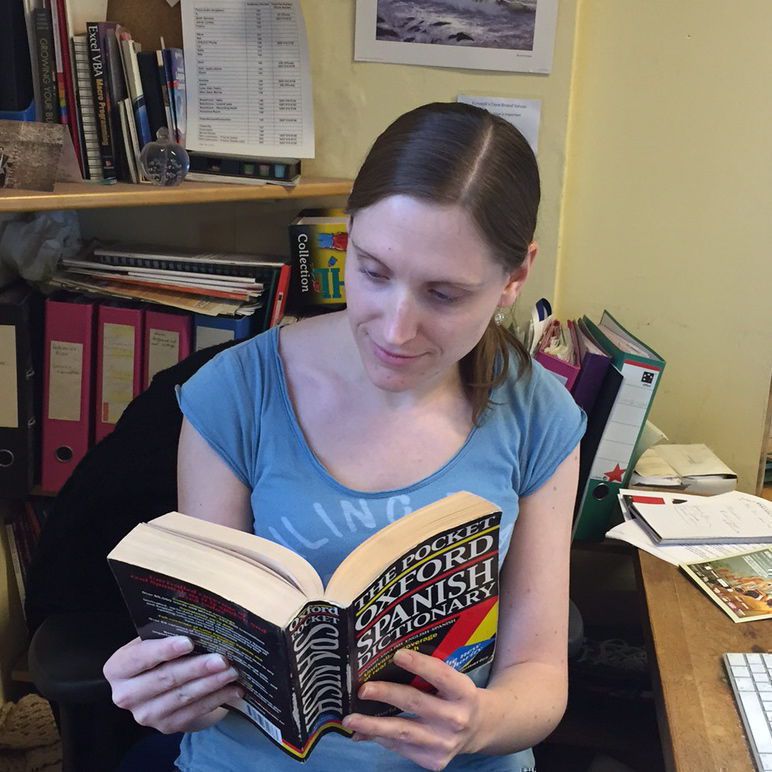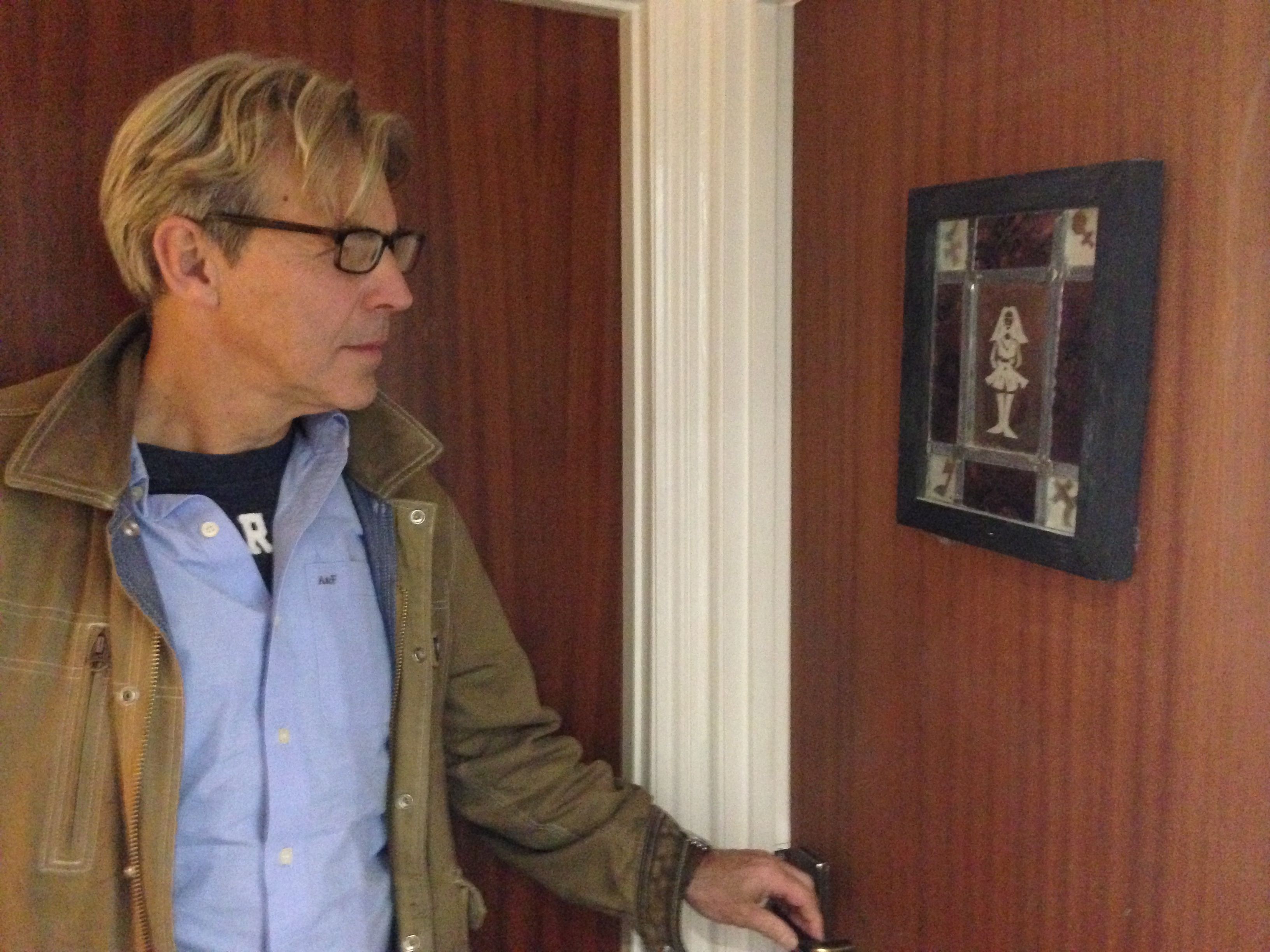EuroTalk Christmas Countdown starts here!
My countdown to this Christmas started on 26th December 2014; it’s my favourite time of year! I keep an app on my phone all year that counts down the number of sleeps until Christmas is back once again.
When it gets to the 1st of December, it’s traditional in the UK to use an advent calendar to count down the days up to and including Christmas Eve on the 24th. As a child, I was lucky enough to have a calendar with little pockets that my mum would place a chocolate and a little present in; these varied from pencils to hair bands.
We’ll be using my calendar at EuroTalk this year, to reveal a different Christmas word, in a different language, each day. You can countdown with us by following us on Twitter or liking us on Facebook – head on over now to find out what today’s word is, and see if you can pronounce it better than Ioana 😉
The idea of advent calendars originated from Germany, but soon spread across Europe and North America. Advent starts four Sundays before Christmas each year. People used to light a candle and allow it to burn down slightly more each day, representing how long there was until Christmas. Advent then moved onto boards with dates, and each day a different picture would be pinned onto the board. The first printed advent calendar dates back to the early 20th century, but during World War 2 production was stopped, in order to save cardboard and paper.
Advent calendars have become part of our annual Christmas celebrations. Today you can buy a standard calendar, which allows you to open little numbered doors and behind each one find either a picture or a chocolate. Alternatively you can buy ones with a gift behind each window; last year Harrods sold one shaped like a house that contained a different porcelain ornament for each day (we’re not sure how many they sold, though, as it cost £9,600…).
Do you have an advent calendar at home? What did you get for day 1?
Merry Christmas!
Alex
Quiz: Can you guess the language?
Are you a language expert? Try our quiz and see how many you can answer correctly…
If you were surprised by any of them, let us know! Don’t forget to share with your friends to see how many they can answer.
If you’re inspired to learn one of these languages, download our free uTalk app for iOS. We have over 120 languages to choose from!
How do you know when you’re fluent in another language?
The other day, in a moment of idle curiosity, I took an online Spanish test. And it went rather well; when I finished, I was told that I was 87% fluent.
This is very funny, because – to my shame – I haven’t spoken Spanish properly for years. And although the test proved that everything I learnt at school and university is still there in my head, I know the next time I do try and have a conversation, I’ll struggle initially to remember the right words and how to construct sentences correctly. And there’ll definitely be a lot of ‘um’ and ‘er’.
Defining yourself as ‘fluent’ or ‘not’ seems like a simple enough task. Personally, I’d define fluency as the moment you’re able to have a conversation in another language without hesitation, just as you would in your own native language.
But is that setting too high a standard for myself? Surely what I’ve just described is one step on – what we would call native level?
So, I asked a few other EuroTalkers how they define fluency. A couple of responses were very much like mine:
“When you’re able to have a conversation (spoken or written) without making mistakes, without having to pause to think about words and grammar and without referring to a dictionary or other ‘cheat-sheets’. Be able to use the more complex features of a language with ease (e.g. conditionals, obscure tenses).”
“Speaking another language without having to think about it.”
While a couple were willing to be a bit more flexible:
“When you have enough of the language to get through a visit to the country, you can understand a local and they can understand you back when you speak their language.”
“I think minor mistakes are permitted as long as the other one understands you.”
And another one came at the question from an angle I’d never considered:
“You’re able to have any conversation about general knowledge, not specific fields like medicine, for example.”
But there was one thing all the answers seemed to have in common: the key to fluency is confidence, whether you know all the words or not. And that’s why I can’t think of myself as 87% fluent in Spanish; yes, I understand how the subjunctive works, and perhaps I’d even say that I can read the language fluently – but that doesn’t mean I can confidently have a conversation with someone about the weather.
What do you think ‘fluent’ means? Are you fluent in any other languages?
Liz





